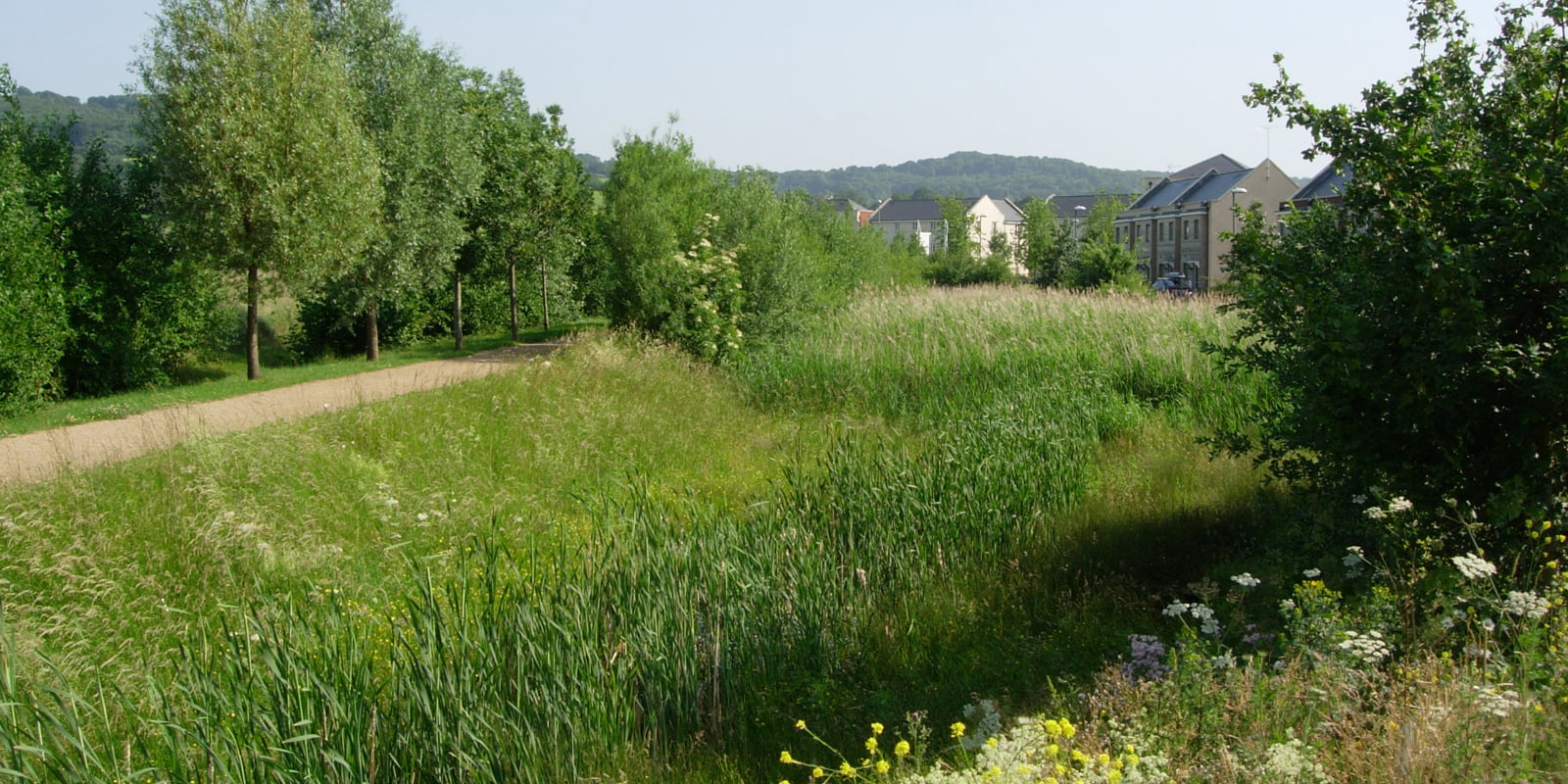At the end of 2013, a new British Standard (BS) on biodiversity was published, replacing PAS 2010: Planning to halt the loss of Biodiversity. BS 42020: 2013 Biodiversity – Code of Practice for Planning and Development sets out expected standards that apply to a range of professionals in England and Wales, including decision-makers and planners, ecological consultants, arboriculturists and landscape architects.

BS 42020: 2013 Biodiversity – Code of Practice for Planning and Development is intended primarily for the planning and development process and its principles can be applied at all stages of a project, from scoping and pre-application discussions, to imposing planning conditions and post-construction monitoring. Its aim is to promote transparency and consistency within the ecology sector, ensuring that authorities receive a standard level of information in order to make sound decisions and fulfil their obligations to support local biodiversity targets.
For ecologists, the guidance provides a benchmark for:
- Undertaking consistent, high quality ecological surveys;
- Presenting clear and sufficient ecological information in reports and plans;
- Recording net losses and gains in relation to development; and
- The design and use of Method Statements and Construction Environmental Management Plans (CEMPs).
The BS also provides comprehensive guidance to planners and decision makers on what they can expect to receive and how they can ensure the information is sound, proportionate and produced by competent professionals.
For decision makers, it provides guidance on:
- What information is expected regarding biodiversity and the likely impacts on ecology from a development;
- How reports can be confidently analysed and therefore planning decisions made;
- How planning conditions should be used and when.
In turn, the BS sets out what project managers can expect from decision-makers, such as clear justification of their advice and the ability to request further information. It will ensure that decisions are proportionate to the extent of impacts on biodiversity and reduce the grounds for planning appeal or legal challenge.
Nicholas Pearson Associates welcome the new British Standard and hope that it will ensure a high standard of ecology work throughout the country. By adopting BS 42020 in our survey and assessment work, we are confident that decision-makers will have the necessary information to make sound planning decisions relating to biodiversity and contribute to successful planning outcomes. Our in house ecology team continue to produce high quality reports, consistent with the BS in support of our clients planning applications.
A BS 42020 compliant reports will need to demonstrate:
- An up-to-date survey;
- Competency of the professionals involved;
- A non-technical summary;
- Clear and justifiable methods;
- Proportionate and justifiable recommendations;
- Certainty about impacts and the action required (such as avoidance, mitigation, compensation or enhancement);
- Locations of ecological constraints and opportunities;
- A record of likely significant losses and gains if permission was to be granted.






